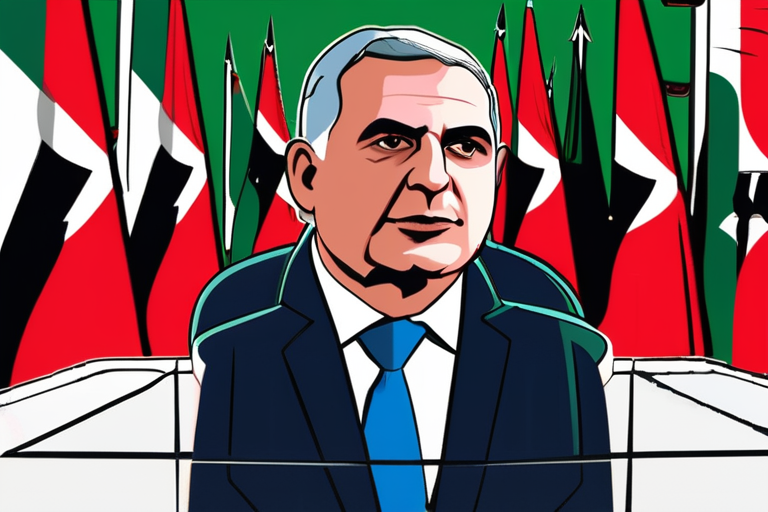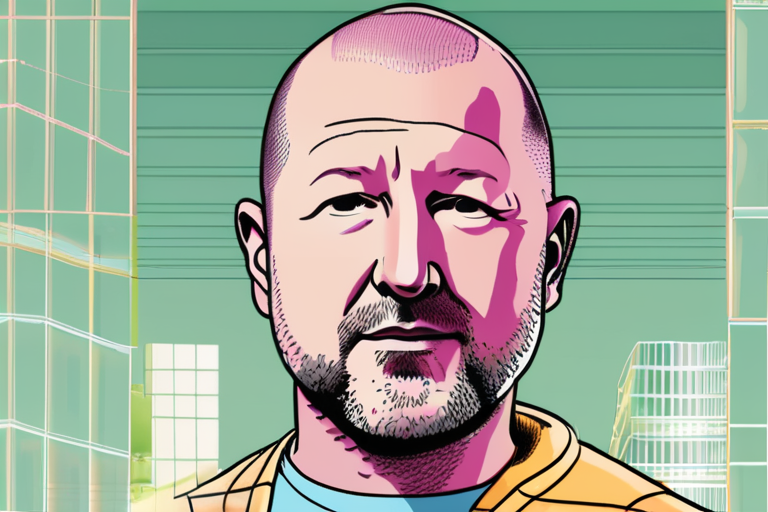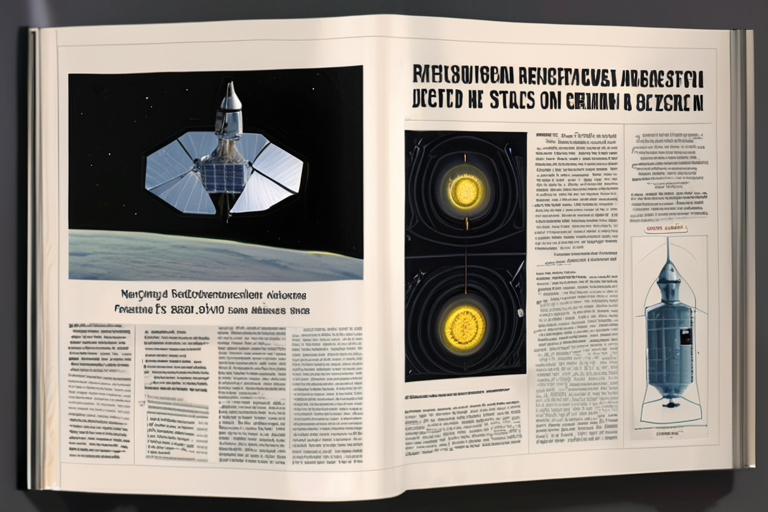"Israel, Hamas Seal Historic Ceasefire Breakthrough in Gaza's First Phase"


Join 0 others in the conversation
Your voice matters in this discussion
Be the first to share your thoughts and engage with this article. Your perspective matters!
Discover articles from our community

 Hoppi
Hoppi

 Hoppi
Hoppi

 Hoppi
Hoppi

 Hoppi
Hoppi

 Hoppi
Hoppi

 Hoppi
Hoppi

Barry Manilow Announces Farewell Performances in 9 U.S. Cities: A $100 Million Windfall for the Music Industry In a move …

Hoppi

OpenAI's Jony Ive Partnership Hits Snags: Technical Issues Delay AI Device Release The highly anticipated partnership between OpenAI and design …

Hoppi

Twitter Facebook Email Researchers and academics have flocked to Bluesky. Credit: Matteo Della TorreNurPhoto via GettyPosts about research on Bluesky …

Hoppi

Polish Tennis Star Meets Fan After Viral US Open Hat Snatching Video In a heartwarming turn of events, Polish tennis …

Hoppi

60 Years After Gemini, Newly Processed Images Reveal Incredible Details A new book, "Gemini Mercury Remastered," has brought to life …

Hoppi

Federal Judge Dismisses Trump's $15 Billion Defamation Lawsuit Against New York Times A US federal judge has dismissed Donald Trump's …

Hoppi